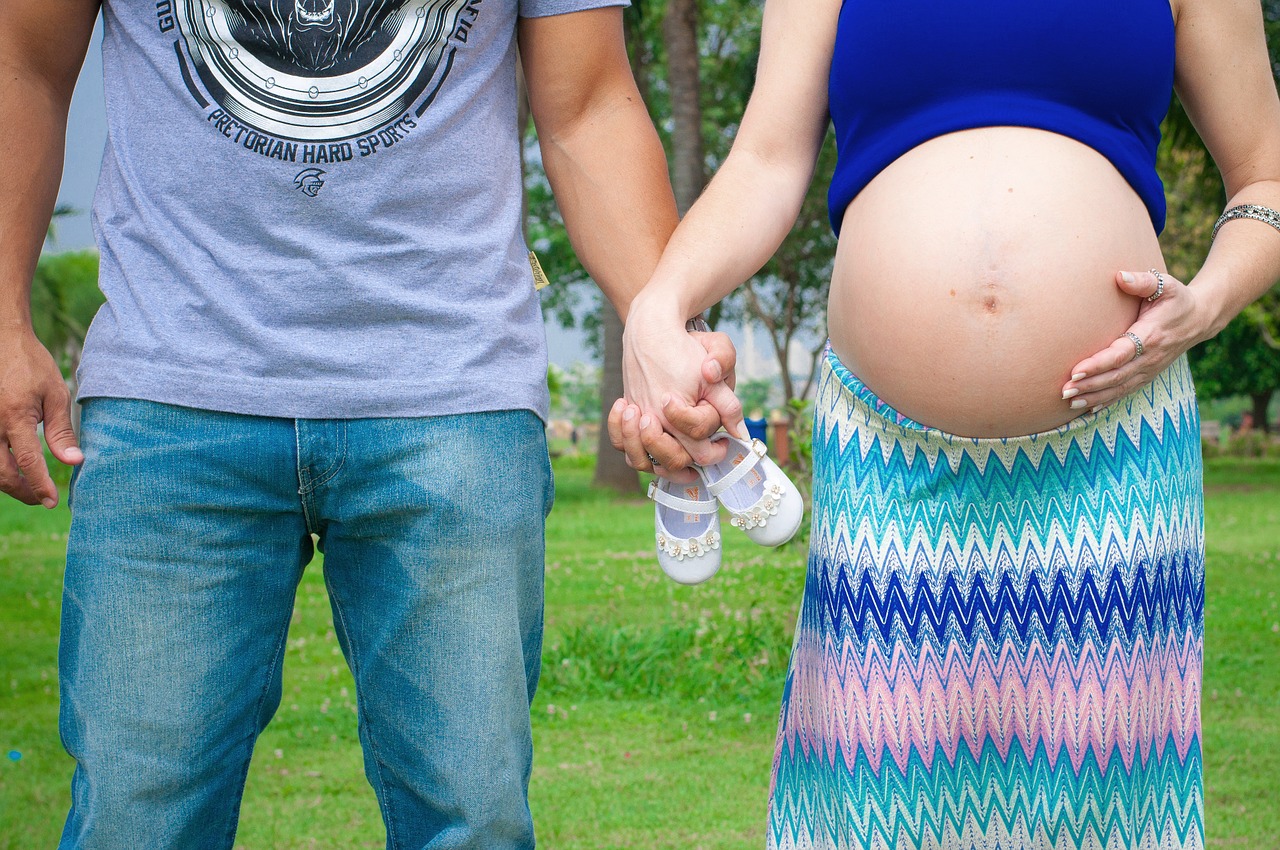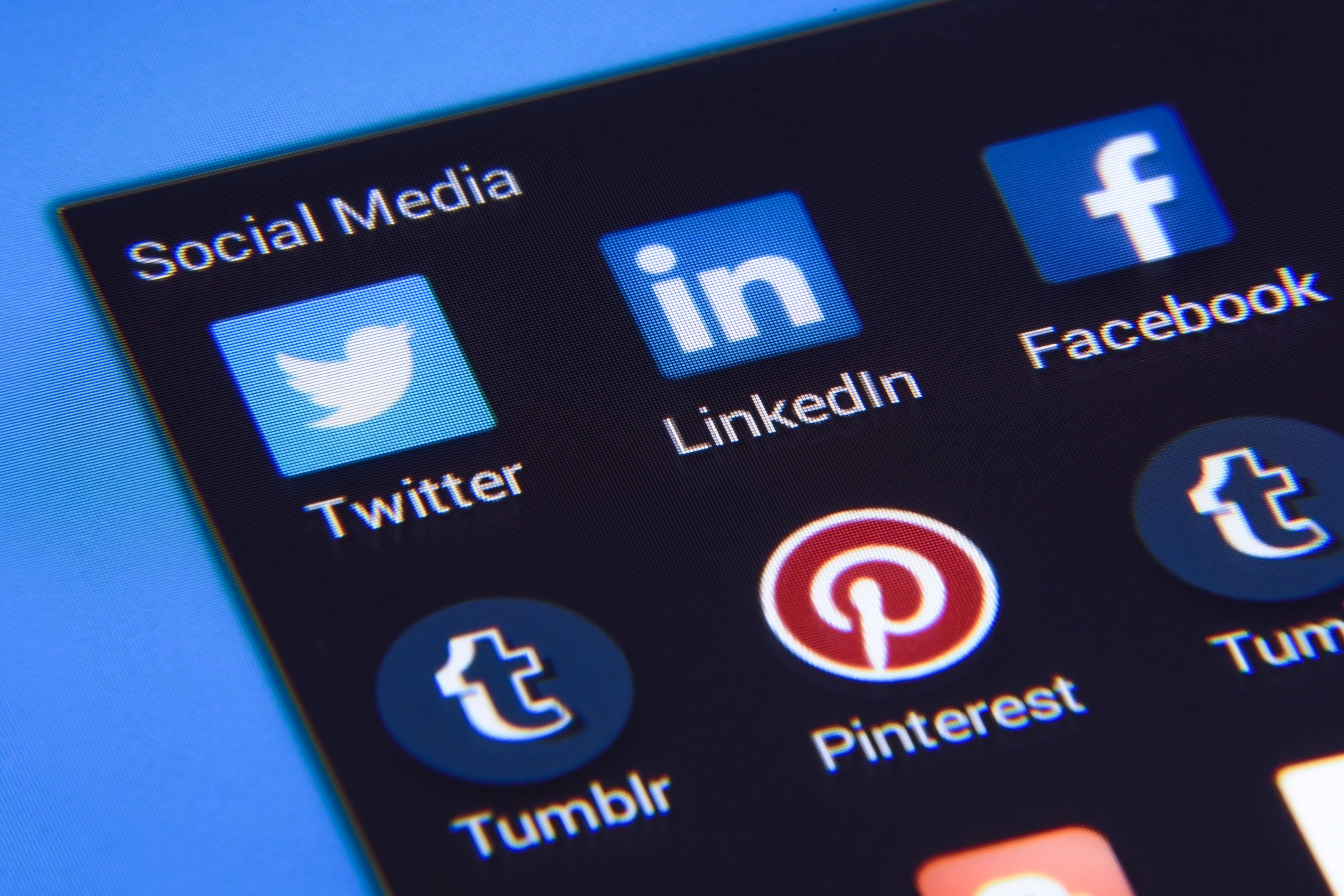10 Parenting Debates to Hash Out Before Baby
Think you're ready to make a baby? Not so fast. Have you and your partner discussed where you stand on big parenting issues like religion, circumcision, and co-sleeping? Sure, many parenting decisions can be made along the way, but there are debates you may want to settle before or around the time you start trying. Read on to see if you've resolved these ten bringing-up-baby battles.
1.Is now the right time? If you know you want children, Alan M. Singer, Ph.D., family therapist and author of Creating Your Perfect Family Size,, suggests that the most important decision for couples to make is whether it's the right time to have a baby. When Dr. Singer meets with couples ready to get pregnant, he provides 92 self-test questions to help them consider their own mental and physical health, the health of their relationship with each other, and, for those who have one child, how they are doing as parents and how they like parenting. Along with biological clocks and financial issues to consider, couples should make sure they're on the same page about when they want to start a family. One of you may be eager to go forth and multiply; the other may be hoping for a few more years of couple time before adding Baby to the equation. You might want to come up with a checklist of the things you'd like to do or achieve before embarking on parenthood, paying special attention to things that become more difficult once you have kids. Is there a vacation you'd like to take together? A certain number of years you'd like to wait after you've begun living together? Would any changes in your financial status (a significant promotion or a loan payoff) speed up or slow down your ideal schedule? Drafting a plan can help you realize and respect each other's desires. 2.How will you share baby duties? Who's gonna do what? In some families, Mom changes all or most of the diapers, while Dad gives baths and reads bedtime stories. You'll work out the details once baby arrives, but discussing beforehand how much each of you will be involved and can prevent burnout and disappointment in your partner's level of involvement. You may want to just go with the flow or you might work better with a list of daily duties, such as who gets up with baby during the night (would a tag team approach be best or does one cover overnight but get to sleep late and nap when baby naps?). These issues may seem inconsequential now, but once you're in full-on parenting mode, knowing what to expect from each other can get you through the day and avoid new-mom meltdowns. 3.Should you co-sleep? Opinions differ as to whether having a baby in bed with his parents is detrimental to his health, particularly if it reduces or increases the risk of SIDS (sudden infant death syndrome). On AskDrSears.com, renowned pediatrician William Sears, M.D., hypothesizes: "I believe that in most cases SIDS is a sleep disorder, primarily a disorder of arousal and breathing control during sleep. All the elements of natural mothering, especially breastfeeding and sharing sleep, benefit the infant's breathing control and increase the mutual awareness between mother and infant so that their arousability is increased and the risk of SIDS decreased." The American Academy of Pediatrics (AAP) recommends against co-sleeping, which is sometimes termed "bed-sharing." In a 2005 article in Pediatrics, it is stated that is "more hazardous than the infant sleeping on a separate sleep surface." Even beyond bed-sharing, you may want to discuss whether or not Baby will sleep in your room. Will she have a bassinet next to your bed, which can make night feedings and tending to her when she cries easier? Or will she have her own nursery so you and your partner can have a little privacy in the bedroom? If both of you desire to share your bed or your bedroom with your baby, you'll need to pinpoint why it's right for you. If one of you is for co-sleeping and the other against it, you'll need to figure out who will give up the fight (or his side of the bed) before Baby arrives. 4.Will you circumcise a boy? Is it a given that if you have a boy you'll want to have his foreskin removed? Although this has been a societal norm for years in the United States, the AAP does not feel the medical benefits of circumcision, including slightly lower risks of urinary tract infections, sexually transmitted infections, and foreskin infections, is sufficient evidence that all boys should undergo the surgery. The U.S. circumcision rate is currently on the decline. According to a health care data analysis from SDI Health, 56 percent of baby boys were circumcised in 2006, but only 32.5 percent were circumcised in 2009. This data does not include outpatient procedures such as circumcisions performed in doctor's offices or at religious ceremonies. Many parents choose circumcision for religious or cultural reasons; others feel it is more hygienic or helps the baby to "look like Daddy." Parents who decide against circumcision often don't want their child to undergo the pain of an unnecessary surgery. Others believe the foreskin is needed to protect the tip of the penis and that it increases sexual pleasure, and state that teaching proper hygiene will lower their son's risk of infections despite not being circumcised. If you don't agree on this one, you may find you'll have to fight it out. Sometimes Dad's opinion carries more weight in this case because he's got the goods and therefore may feel more strongly about the matter. 5.Should you bank your baby's cord blood? Wonder what all these cord blood bank commercials are all about? They can cause all kinds of emotional responses from hormonal moms-to-be. If you haven't thought about the cord blood issue yet, you and your partner should do your research and decide if you want to pursue it. Mitchell S. Cairo, M.D., Chief of Pediatric Hematology, Oncology and Stem Cell Transplantation at Maria Fareri Children's Hospital at Westchester Medical Center, says that there are two types of banking: private directed donor banking and public banking. With private banking, "the cord blood is processed and stored frozen to be only used by the donor or family member at the family's discretion," Dr. Cairo explains. With public banking, "the cord blood is donated by the family to be processed and frozen and will be used by bone marrow transplant physicians to treat other patients throughout the world and is no longer under the discretion or controlled by the family who donated it." Private banking is expensive, and is therefore recommended to families who have other siblings diagnosed with a disease treatable by sibling cord blood transplantation. Otherwise, if you'd like to bank cord blood, the AAP recommends the public donor route. The only downside to donating your baby's cord blood is that sometimes the hospital requires the umbilical cord to be clamped and cut earlier. Recent research has suggested that waiting longer to cut the cord -- a few minutes or until it stop pulsating -- will allow your baby to receive more of the cord blood and crucial stem cells. 6.Will you teach your child a certain religion? If you and your partner grew up in the same faith or even the same Christian denomination, the answer to this question is probably a no-brainer. But some parents of different faiths will need to determine how they're going to raise their children. Ideally, you made this decision before getting married because it can stir up strong debates. You may decide to attend two types of religious services and let children choose. One of you may have stronger feelings about your faith and decide to teach the child that religion while your spouse steps back. Make sure you're happy with your plan and that you're open to changes should your partner have a, well, change of faith. No matter what religion you choose, you want to provide stability and show your children that you can respect each other's beliefs if they differ. 7.Will you use cloth diapers or disposables? Since the invention of disposable diapers in the 1950s, a majority of parents in the United States have opted to forego yesteryear's cloth-and-safety-pin approach. Now, new cloth diaper models are available (think snaps and Velcro along with fleece or biodegradable liners) and parents with green and/or economic initiatives are choosing cloth more frequently. Some people argue that the energy and water it takes to launder cloth diapers is equally as harmful to the environment as the energy used to manufacture and break down disposables in landfills. And for some parents, the potential green benefits don't outweigh the convenience of disposables. As for how much you could save financially if you chose cloth, Consumer Reports estimates that parents spend $1,500 to $2,000 on disposables per year. The cheapest form of cloth diapers, pre-folds, could run you under $300 total (washing and drying included), while more expensive models, all-in-ones available for $17 to $25 each, could cost around $800 to purchase and launder. Keep in mind, though, that cloth diapers can be reused on subsequent children. 8.Who will care for your child? Have you discussed whether one of you wants or needs to stay home with your child or if you'll be using child care? This decision is sometimes driven by financial factors and sometimes by each individual's passion for pursuing a career. Staying at home with a child can be just as tough as the corporate grind, even if you love what you're doing. Take some time to talk over each of your ideal work/family balance scenarios and how you could achieve them. Remember -- there's no shame in deciding either to stay at home or to place a child in day care or with a babysitter. As long as the two of you are in agreement as to what's best for the family, that's all that matters. 9.Will you breastfeed? Speaking of baby duties, how do you plan to feed your child? Do you have an opinion on breastfeeding versus formula? This is often a decision that Mom ultimately makes, but Dad may have strong feelings about it too. You may wait until you're expecting to come to a resolution, but learning a little about your options right now may help resolve any differing opinions. The AAP considers breast milk the best nutrition a child can receive in the first year of life. "We now know that nursing your child strengthens not only the quality of your relationship with her but also improves her health, enhances her brain development, and provides her with precisely the type of nourishment she needs at each critical stage of her development," writes Joan Younger Meek, M.D., in The New Mother's Guide to Breastfeeding. "Breast milk is such a rich, nourishing mixture that scientists have yet to identify all of its elements; no formula manufacturer has managed or will ever be able to fully replicate it." Beyond medical reasons, the choice between breastfeeding and formula feeding may depend on whether you're willing to commit the time and energy it takes to breastfeed and whether you'll be able to pump during work if you're not staying home with Baby. In January 2011, the Surgeon General launched a call to action to encourage breastfeeding support in the U.S., citing a study published in the journal Pediatrics that estimated that the nation would save $13 billion per year in health care and other costs if 90 percent of U.S. babies were exclusively breastfed for six months. Whatever your decision, it's worth doing thorough research to decide what's best for your family. Bear in mind that, despite some moms' best intentions to breastfeed, some women can't do it or fail to produce enough milk. 10.Will you discipline with spanking? Have you discussed your thoughts on discipline? "It is very important for parents to discuss the disciplinary techniques they will use before they start a family, and to come to an agreement, whether that be time-outs, grounding, taking away favorite things, sending children to their room, or spanking if it is one of their choices," says Ron Mackey, author of Parenting: The Bottom Line. Some doctors, psychologists, and pediatricians believe that spanking can have harmful side effects as a child grows up, possibly leading to violent behavior, slowing mental development, and hindering achievement. But those in the spanking camp believe that spanking (not beating) is an effective disciplinary tool because a gentle swat catches the child's attention, provides a consequence, establishes that you are the parent, and lets them know that they are participating in unacceptable behavior," Mackey says. He also cautions that bad behavior ending in a spanking should be explained to the child, so he can change the behavior, and that you should show affection and give reassurance of your love after spanking. Mackey calls this "training, correction, and discipline." According to Mackey, although most pediatricians are against spanking as a primary form of discipline, more than 53 percent believe that under certain circumstances it can be effective. It's also worth noting that 74 percent of kids who were spanked when they were young say that they spank their own children. Because presenting a united front is vital in disciplining, you'll want to have your game plan hammered out by the time your little one needs it. This may mean reflecting on your own childhoods, researching a variety of methods, and figuring out how you'd like to approach behavior problems as a team. Retrieved From: https://goo.gl/U50jwX
|
|













